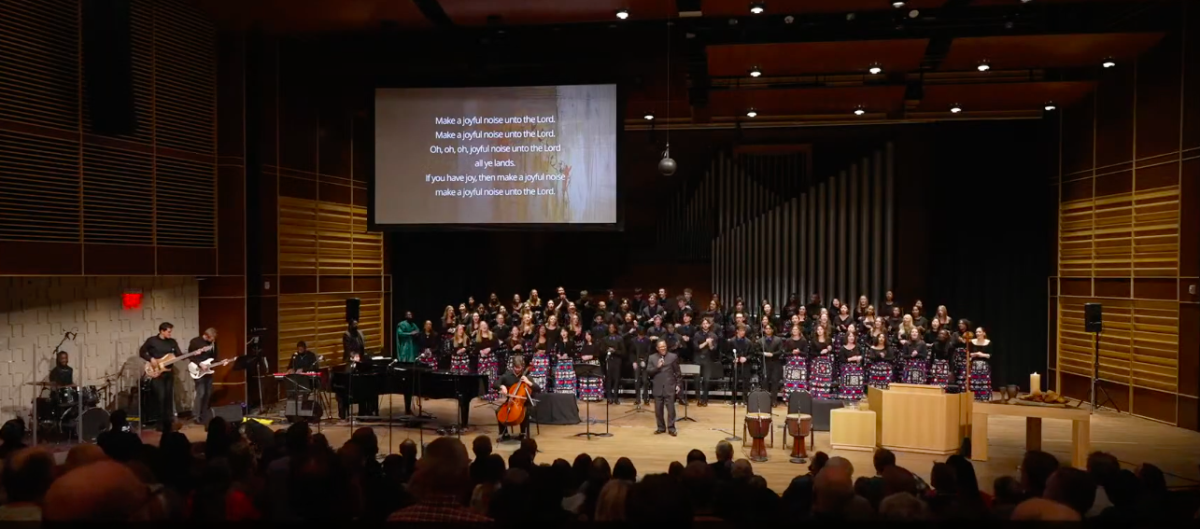Facing conflict is almost always painful. No one likes to see their comfortable community victimized by despicable acts of human depravity. Sometimes our first response to such events is cowardice. Sometimes it can be all too tempting to reach out your hand and wipe away the vile words in the snow, turning a blind eye and pretending that everything is alright to avoid being inconvenienced. But such indifference does nothing to address the problem, and instead leaves avenues wide open for more people to be hurt.
This is the concern director Tom McCarthy addresses in “Spotlight,” a film about the Boston Globe’s investigative team who exposed the systematic sexual abuse of children by Roman Catholic priests in Massachusetts at the turn of the century.
The original story, published Jan. 6, 2002, was titled “Church allowed abuse by priest for years.” The piece, written by Michael Rezendes, was the first of many follow-up stories that eventually led to the accusation of over Boston 250 priests for sexual abuse charges against children.
The fact that this story was ever published at all is incredible in retrospect. There were so many elements against it along the way, from the Catholic Church’s opposition, to uncooperative victims, to tight deadlines and the 9/11 attacks which temporarily shifted the Boston Globe’s focus to more pressing matters.
“Spotlight” is a story that needed to be told and needed to be told well. McCarthy does just that with his earnest and focused direction. “Spotlight” is very much a process film, in that it gives us an inside look at the excruciating tedium and defeat involved in investigative journalism. Yet the film is never boring and is incredibly suspenseful.
The ensemble cast is largely to thank for the film’s magnetism. Michael Keaton plays Walter Robinson, the director of the Spotlight team who presses uncompromising witnesses by asking them what side of the story they want their name attached to.
Mark Ruffalo plays reporter Rezendes and seems to be the most emotionally attached to the abuse victims. As the film progresses, we see him become more and more disenchanted with the Church, appalled that such evil could be perpetuated by a place that is supposed to be a refuge for goodness.
Rachel McAdams portrays Sacha Pfeiffer, the driven and clever feminine side to the team who obtains important information that the other investigators are incapable of gathering.
The most rewarding performance however is given by Liev Schreiber, the new head editor-in-chief at the Globe who becomes the team’s voice of reason and moral compass.
“Spotlight” challenges the commonly held notion that the traditional institution of religion is incorruptible. It should be these very institutions where we place our greatest trust that should be under the tightest scrutiny.
The film concludes with a list of major cities across the country where sexual abuse cover-ups by the Catholic Church were exposed, prompted by the allegations of the Boston Globe. The grim list contained what looked like hundreds of cities. In the theater, people sighed and groaned, obviously sickened and angered by the realization of the sheer magnitude of these heinous crimes. But the film’s final act was also encouraging, knowing that there are good people in this world that will not tolerate injustice, willing to go to any end and experience all manner of personal inconvenience to give a voice to those who have none.








